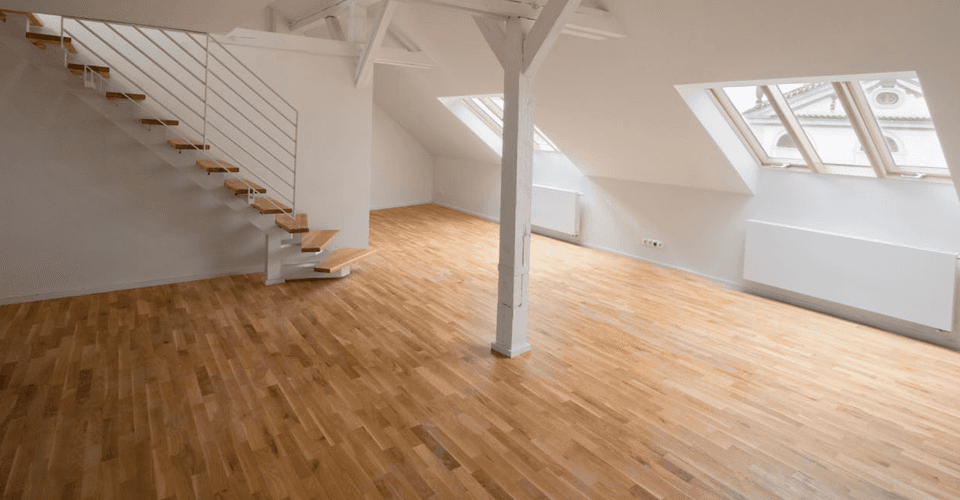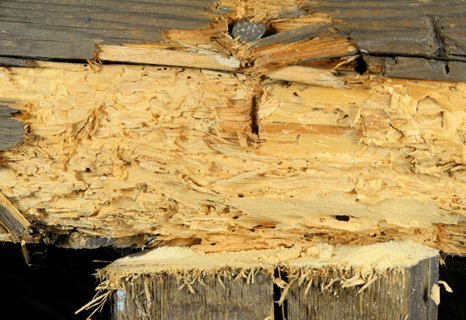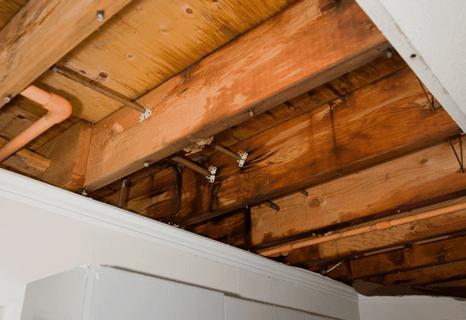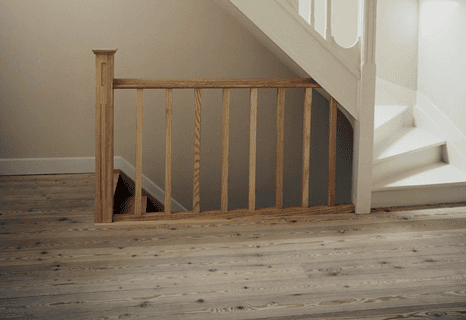Timber Treatments

Professional timber treatment in the West Midlands
For timber and woodworm treatment, you need a professional team with experience. M.K Selbie Damp Proofing is an established company that provides effective timber treatment in and around Brierley Hill and the West Midlands. Feel free to get in touch with us for more information.
Effective woodworm treatment
Beatles most commonly attack timber when the moisture content is above fibre saturation point (25-30%). The life cycle begins when female insects lay eggs in cracks or splits in the timber. After a short period of time, the eggs hatch into the larvae. The larvae cause the most damage to the timber - they exist in this form from a matter of weeks to several years, dependent on the species of the insect. The larvae bore through the timber gaining vital nutrients for their survival, consequently weakening the structure and leaving behind a powdered frass. Eventually the larvae becomes pupae and undergo metamorphosis. At the completion of this stage the now-adult insect emerges by boring through the timber, forming exit holes.
Sources of water penetration should be explored and remedied as required. Unsound, structurally weakened timber should then be repaired or replaced. The timber is then treated using insecticide sprays and organic wood paste, either by surface saturation or direct injection into the timber.


Treatment for fungal attacks
Rot in timber can be identified by cuboidal cracking (brown rot), which attack the cellulose fractions of the wood. Fibrous stranding (white rot) attacks all potions of the wood; all white rot is a form of wet rot. Brown rot can either be wet rot or dry rot (serpula lacrymans).
As already established dry rot is a brown rot and is further identified by a mycelium growth, which may have lilac/yellow patches, and peels like a mushroom. Strands may be present and growth may extend through non-wood materials. For example: soil, plaster and mortar. Fruiting bodies are formed, reddish brown in colour with margins. Large numbers of rust red spores may also be detected.
There are a variety of wet rots (brown/white rots) and these can be identified in numerous ways. The remedial treatments are very similar and so the most important factor is to distinguish a wet rot from a dry rot.
Most rots are caused by faults on a building, such as leaking roofs, damaged rain goods, overgrown foliage and high ground levels, allowing water to penetrate the fabric of the building. Airborne spores can then settle on the moisture and this is when fungi are created, which will attack the timber.
As with any form of rot, the cause must be identified and corrected. Structurally weakened, unsound timber should then be repaired or replaced as required. Timber should then be treated using fungal sprays and organic wood pastes, either by surface saturation or direct injection into the timber. Due to the nature of dry rot, further treatments are usually required; the rot can grow undetected throughout the building. Therefore plaster work will need to be removed and the walls should be treated with masonry biocides.
All the above work is covered by a 20 year guarantee insurance - backed guarantees are available upon request.
The other timber treatments include:
- Replacement of complete timber floors, including protective joist sleeving
- Bower beam installation - to repair broken joists or rotting joist ends
- Installation of solemn screeds below timber floors to reduce sub-surface moisture content
- Replacement of sub floor air bricks
We also offer effective condensation solutions.
If you would like to find out more about woodworm treatment or any of the services we are offering, even if there is a service we haven't mentioned, get in touch with a member of our team today. M.K Selbie Damp Proofing is based in Brierley Hill and offers services throughout the West Midlands. Contact
us for more information.

For expert timber and woodworm treatment in the West Midlands, call:
07758 728 962
Email Us
Thank you for contacting us.
We will get back to you as soon as possible
We will get back to you as soon as possible
Oops, there was an error sending your message.
Please try again later
Please try again later
Share
Tweet
Share
Mail

© 2024. The content on this website is owned by us and our licensors. Do not copy any content (including images) without our consent.
